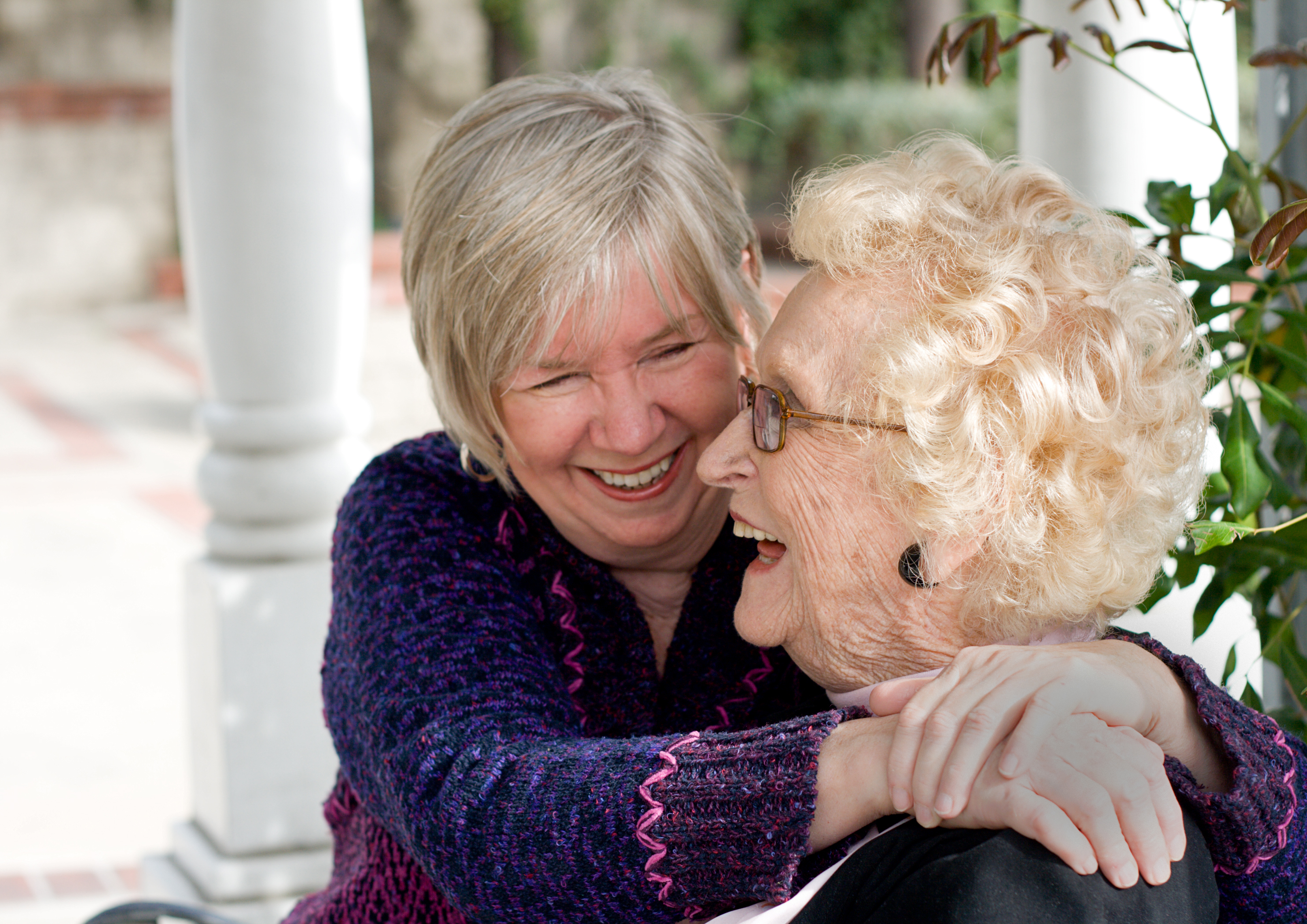Patient advocacy is an area of lay specialization in health care concerned with advocacy for patients, survivors and caregivers. The patient advocate may be an individual or an organization, often, though not always, concerned with one specific group of disorders. The terms patient advocate and patient advocacy can refer both to individual advocates providing services that organizations also provide, and to organizations whose functions extend to individual patients.
Services
Patient Advocate Focus includes: patient rights, matters of privacy, confidentiality or informed consent, patient representation, awareness building, and support and education of patients, survivors and their close family members, including:
- Acting as a liaison with health professionals, the family and the patient
- Communicating with the family and patient so that they fully understand procedures
- Providing literature or information that help the patient understand more about the process and care plan
- Representing the patient’s wishes to seek the best care that honors them
Specialization
There is currently no accredited certification or licensing for patient advocacy in the United States. Yet, most Patient Advocates usually have a strong medical healthcare background with a specialty in the types of diseases and health conditions that they specialize in.
Preparation
You may wish to hire a Patient Advocate to ease the stress of navigating a difficult healthcare plan. By hiring a Patient Advocate you can ease the process of:
- Sourcing the right doctor or healthcare professionals for the patient
- Keeping a patient safe and honoring their wishes in the hospital
- To give you guidance on finding the best course of action to take
- To educate your family and bring them peace of mind
Evaluation
- What is the Advocate’s level of experience for your loved one’s health condition?
- What level of education and/or degrees do they possess?
- Do they offer a complimentary initial consultation?
- Assess how they charge- hourly? Daily? Weekly? Do they charge for travel time?
- Are there family members who will be interacting with the advocate?Are they comfortable working within the family parameters?
- How familiar are they with the healthcare community that your loved one must navigate through? Do they have relationships that can ease in the communication process?
Patient Advocacy Articles
- The Core Truths of Advocacy - Excerpted from The Advocate’s Heart by Suzanne Newman In almost every family, there is a person who becomes the caregiver for the parent(s). Typically, that person is a woman. But more and more, men are stepping forward to become that noble caregiver. I now speak to caregivers all the time.… …Read More
Patient Advocacy Radio Show Segments
- With a Little Help: Homecare Associates, with Shawn D’Amelio
Shawn D’Amelio talks about CarePartners Living partnerships such as With A Little Help. She is the VP of Washington State Homecare Association, which is setting a benchmark for the quality of care that your loved ones receive. They also provide education that our legislators need. With a Little Help is a good resource, so if they don’t move you, they have relationships with those who would. She also cochairs the Blooming With The Bloomers conference.
- With a Little Help: Making the Transition, with Shawn D’Amelio
Shawn D’Amelio talks about CarePartners Living partnerships such as With A Little Help. It’s helpful to have a partner during the transition from in-home care to a community, after living in their home for 50 years. It takes time to process that, but typically it becomes a crisis. There’s confusion between home health and home care. Home health is occupational and physical therapy, visiting nurse covered by Medicare. Home care includes meal care, transportation, help with dressing.
- Reading Between the Lines with Daphne Davis
Daphne Davis at Pinnacle Senior Placements talks about how to be observant about life changes with our senior loved ones. There may be a time when you see clues in body language or other areas that your loved ones need help, but they don’t know how to ask. Let’s say you visit every other month and you see the mail is now piled up, or there’s now stale food in the fridge, or they’re holding walls and furniture while walking around the house. Those types of clues can indicate that their life patterns have changed.
- In-home Support For Aging in Place, with Daphne Davis
Daphne Davis at Pinnacle Senior Placements talks about helping our senior loved ones with Aging in Place. How do we support our Mom and Dad in their home? One thing is to contact the appropriate department at your county for free community services and resources. It isn’t tied to Medicaid, it’s your tax dollars at work. To keep seniors active and stimulated, some library services can be delivered, and lots of events happen at senior centers, even line dancing, to help keep them active rather than isolated.
- Things That Stop Us, with Daphne Davis
Daphne Davis at Pinnacle Senior Placements talks about the biggest thing she’s been running into, which is people becoming paralyzed by their own fears, lack of knowledge or their perceptions of their responsibilities or expectations. As fearful as it is to deal with dignity and grace with issues of aging with our parents, people need to take action. When we get to this point where we think we should call somebody, but are in the thick of day-to-day life, we let the days slip by, then lay awake at night with worries about our loved ones.
- How to Have Those Hard Conversations, with Daphne Davis
Daphne Davis at Pinnacle Senior Placements talks about how to have those difficult family conversations.
Every single day she has these types of conversations with families. She suggests keeping an attitude of love in your heart and to try hard when discussing changes to be gentle and use affirmations, letting your loved ones be part of the decision-making. What often happens is we get to a point of frustration and anger, which gets in the way of the conversation. She encourages having a trusted third-party expert come with you. Suddenly the conversations come with a bit more credibility.
- Sue Stults, author of “Reaching Beyond the Rail”
Sue Stults is the author of “Reaching Beyond the Rail: The Blood, Sweat and Tears of Caring for Mom and Dad” and founder of Compelled by Compassion. It is a challenge to care for an ailing or aging parent, and there are similar overwhelming things that we all walk through. With so many things to learn, she brings encouragement and tools to help caregivers. She’s seen families pull together and others separate from the family dynamics.
- How to Make the Adjustment, with Daphne Davis
How do you help a senior family member adjust, whether it’s a move to assisted living or adjust to home care? Daphne Davis at Pinnacle Senior Placements says the approach and knowledge is key. Imagine: someone new comes into their home – they may be a shower aide – so we’re talking about some modesty issues and huge trust issues, there could be some communication issues, and the feeling of vulnerability our loved one has. Empower your family members, let them know it’s still their home, and they’re still in the driver’s seat.
- Adjusting to the New Normal with Daphne Davis
Daphne Davis at Pinnacle Senior Placements tells caregivers: know that you’re doing your best. When you’ve gotten feedback from family or friends, take it as objectively as you can and not as a jab at you, because you’re there and listening to push-back from seniors who want to stay independent along with family members’ observations. Stand up tall for all you do. But we do get caught into our routine and sometimes get blinded to other things. At this time of year, accept the gift of another perspective.
- Holiday Meal Preparation, with Deborah Peterson
Deborah Peterson is a personal chef at Vineyard Catering and prepares meals for busy families and caregivers. She is also a boutique caterer. One way a family can simplify is to get help from a personal chef: for holiday gatherings, either getting help with groceries, getting a few sides, or providing everything that’s needed. When celebrating the holidays with seniors, be aware of special diets, and remember that on their own, a senior might not be eating balanced meals. You can plan meals that are healthy during the holidays. Monitor medications and alcohol consumption, because it’s easy to get caught up in the celebrations.
- Fall Prevention: Checking In, with Tracy Marcom
During Fall Prevention month, be a watchdog for your senior loved one. Tracy Marcom at Cascade In-Home Care asks: What is a family’s role to check in with their loved ones? Some are hands-off, and may not realize how their love ones are declining. If Mom or Dad don’t live nearby, they can put on a good front because they don’t want to burden their children. Have a service that can come in, even in the beginning, as an in-home care agency before you really need it, is a peace of mind both to your loved one and your family.
- Fall Prevention: Being a Watch Dog with Tracy Marcom
During Fall Prevention month, Regional Business Development Manager Tracy Marcom at Cascade In-Home Care suggests acting as a watchdog for your senior loved one. Some of the things we notice in the house are throw rugs on top of carpet, which is a huge tripping risk. Also, a rug in the bathroom should have a rubber bottom so it doesn’t lift up and cause a hazard. In-Home Care agencies are able to do non-medical in-home care, but we have a home health license, and we can do fall-and-risk assessments, wheelchair certification and have a nurse on duty. We can provide that fourth or fifth day of would care, but we wouldn’t do occupational therapy or physical therapy.
- What to Expect from Pinnacle Senior Placements
Pinnacle Senior Placements is an “information post” designed to help families find housing and care solutions for their loved one.
- Advocacy and the Power of Attorney
Stephanie Haslam is an elder law and estate planning attorney with Compassionate Legal Care. She was formerly an occupational therapist who did a lot of advocacy work for seniors. The power of attorney document is designed to speak for you when you’re no longer able to speak for yourself; it is intended to memorialize your wishes and to empower yourself.














